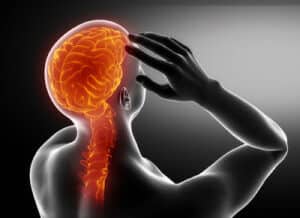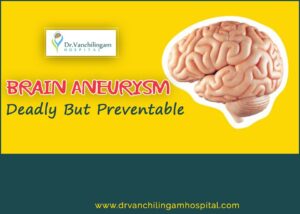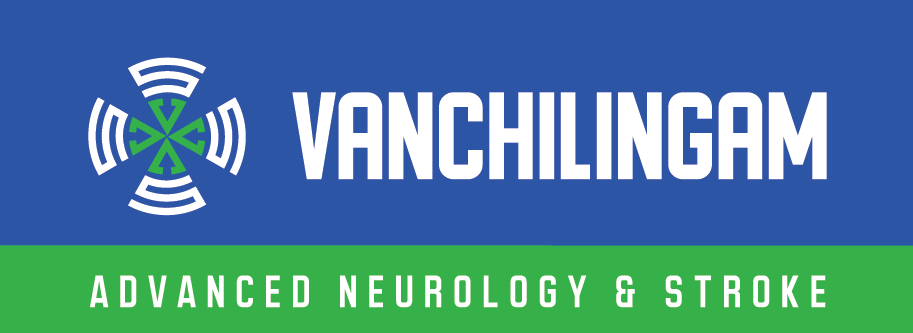Introduction
Are you not properly managing your 7-8 hours of sleep cycle regularly?
This blog is for you.
Did you know that your nightly rest could be directly linked to your risk of having a stroke? While many of us focus on common risk factors like high blood pressure and diet, sleep disorders often go unnoticed. In this blog, we’ll explore the intriguing connection between sleep disorders and stroke, shedding light on how improving your sleep could significantly reduce your stroke risk.
Understanding Sleep Disorders
Sleep disorders cover a range of issues that disrupt your regular sleep patterns. Narcolepsy, sleep apnea, insomnia, and restless legs syndrome are examples of common sleep disorders. Each of these conditions can have profound effects on your overall health, including your cardiovascular system.
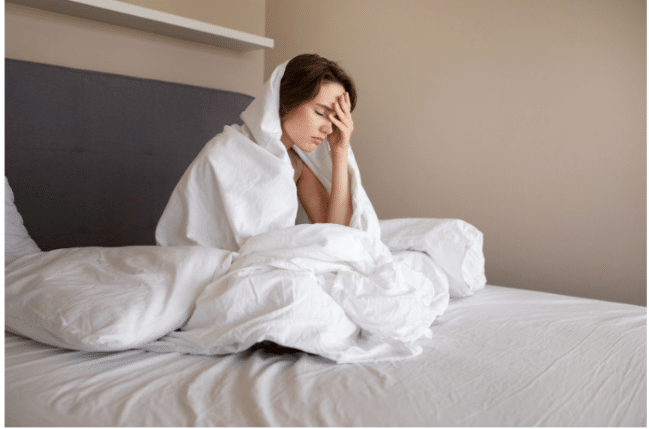
The Sleep-Stroke Connection
Research has shown a strong correlation between sleep disorders and an increased risk of stroke. Sleep apnea, in particular, is a major concern. This condition causes repeated interruptions in breathing during sleep, leading to fragmented sleep and reduced oxygen levels in the blood. Over time, this can strain your cardiovascular system, contributing to high blood pressure and other stroke risk factors. Read similar blog about Connections between Stroke & Smoking Habits
Sleep Apnea and Stroke Risk
People with untreated sleep apnea are significantly more likely to suffer a stroke. According to a study by the All India Institute of Medical Sciences (AIIMS), individuals with moderate to severe obstructive sleep apnea have a significantly higher risk of stroke compared to those without the disorder. The repeated drops in oxygen levels can lead to the formation of blood clots, which can travel to the brain and cause a stroke

Insomnia and Stroke
Chronic insomnia, characterized by difficulty falling or staying asleep, is another sleep disorder linked to stroke risk. Poor sleep quality and inadequate rest can lead to hypertension, inflammation, and metabolic disturbances, all of which increase the likelihood of stroke. A study conducted by the National Academy of Medical Sciences found that people with persistent insomnia were at a higher risk of ischemic stroke, particularly among middle-aged and older adults.
Restless Legs Syndrome (RLS) and Stroke
Restless Legs Syndrome, which causes an uncontrollable urge to move the legs, often leads to poor sleep quality. While the direct link between RLS and stroke is still being studied, the sleep disruption caused by RLS can contribute to cardiovascular problems. Ensuring proper treatment for RLS can improve sleep quality and potentially lower stroke risk.
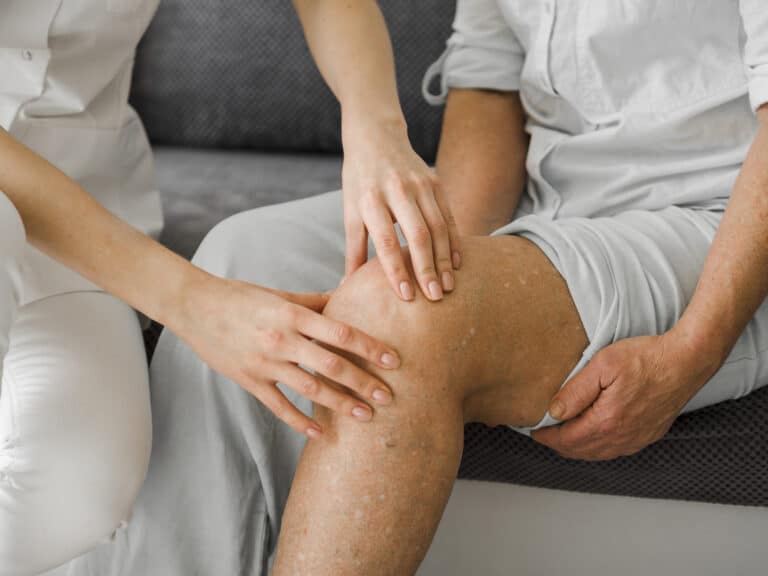
Taking Action: Improving Sleep to Reduce Stroke Risk

Addressing sleep disorders is a crucial step in reducing your risk of stroke. Here are some tips to improve your sleep health:
- Seek Medical Evaluation: If you suspect you have a sleep disorder, consult a healthcare professional for proper diagnosis and treatment.
- Maintain a Sleep Routine: Go to bed and wake up at the same time every day to regulate your body’s internal clock.
- Create a Restful Environment: Make your bedroom conducive to sleep by keeping it dark, quiet, and cool.
- Limit Stimulants: Avoid caffeine, alcohol, and heavy meals close to bedtime.
- Practice Relaxation Techniques: Engage in activities like meditation, deep breathing, or reading to wind down before sleep.
Conclusion
Understanding the hidden link between sleep disorders and stroke can empower you to take proactive steps toward better health. By addressing sleep issues and improving sleep quality, you can significantly reduce your risk of stroke and enhance your overall well-being. For more information on stroke prevention and treatment, visit the best stroke hospital in Chennai Dr. Vanchilingam Advanced Neurology and Stroke and consult with our team of experienced specialists.
Stay informed, prioritise your sleep, and take charge of your health today.



